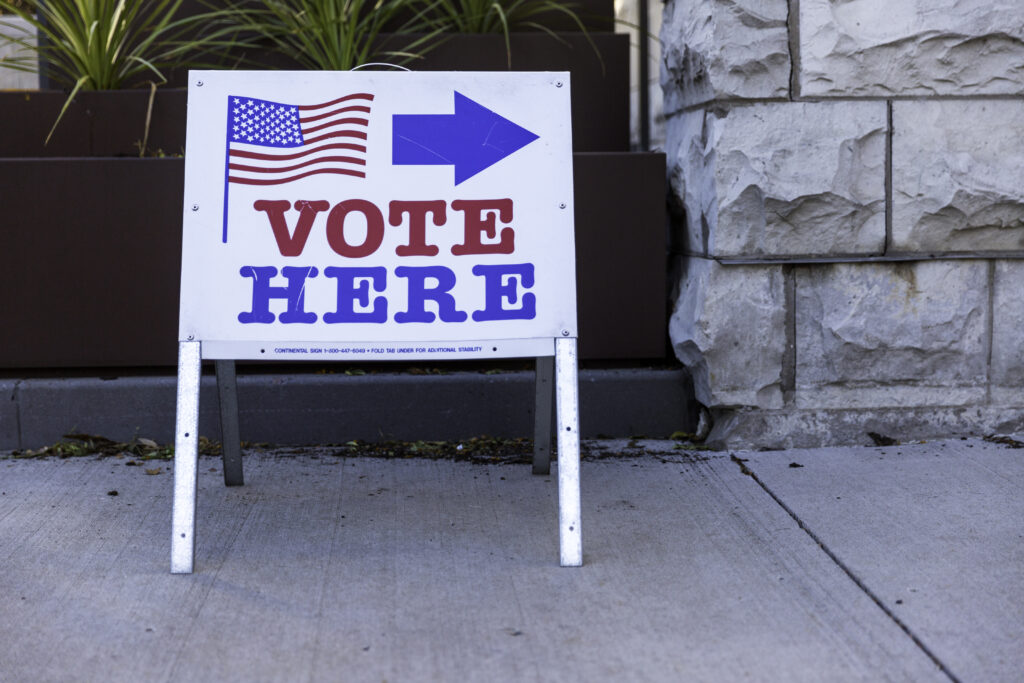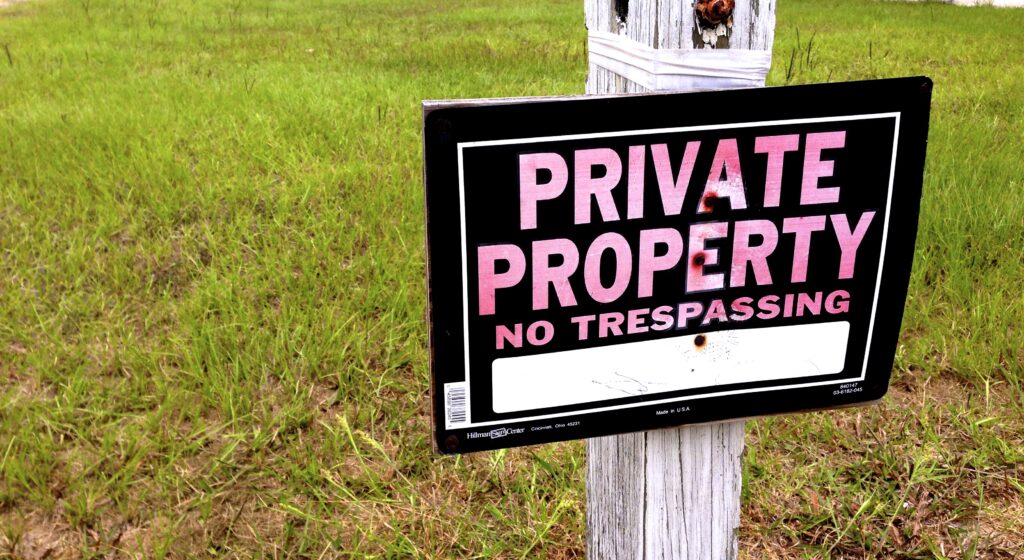A budget bill under consideration by Congress includes language blocking funds for enforcement of Internal Revenue Service (IRS) limits on political speech by religious organizations.
A clause in House Resolution 3280 (H.R. 3280), the Financial Services and General Government Appropriations Act of 2018, would prevent federal taxpayer money from being used to enforce the Johnson Amendment. Named for then-U.S. Sen. Lyndon B. Johnson, the amendment is a provision in the Internal Revenue Code of 1954 prohibiting nonprofit organizations from officially endorsing or opposing political candidates.
On July 18, the House Committee on Appropriations approved H.R. 3280, making the budget bill available for consideration by the full House of Representatives.
‘There Is No Clear Line’
Walter Olson, a senior fellow at the Cato Institute, says it is difficult to make a clear distinction between religious speech and political speech.
“There is no clear line between what churches say about religion and the world and the controversies that are at stake in elections,” Olson said. “If someone is preaching a religious sermon, who was drawn to something about current controversies, it seems strange to say they should have to stop mid-sentence because they’re criticizing someone in an election. Do we really want tax law to be inhibiting congregations and their adminstrators from carrying on services in the way that they wish?”
On the Other Hand…
Olson says the Johnson Amendment has increased contributions to political campaigns.
“We have chosen in tax law to treat campaign expenditures very differently than how we treat the collection plate at church,” Olson said. “Were there nothing like the Johnson Amendment, were there some absolute immunity for churches to do whatever they please, you can see why people would say, ‘Why should I give $1,000 to a campaign fund when I can give it to a church and deduct it from my taxes?”
Delaying the Inevitable?
Dan Johnson, executive director of the Tax Revolution Institute, says the proposed budget provision won’t prevent the IRS from doing its job.
“All this does is make it take a longer time to take away a church’s tax-exempt status,” Johnson said.
The proposal would improve he nation’s political atmosphere, Johnson says.
“It will increase civic engagement, as members of the community will be able to discuss pertinent issues and candidates in many of the organizations most affected by new policies and laws,” Johnson said. “It will also reduce the influence of special interests, as more organizations representing their community members, such as churches and civic centers, will be able to be involved in the political process. More players means a more even distribution of power for each player.”
The proposed budget clause is a thoroughly positive reform, Johnson says.
“It’s difficult to find a downside in removing one of our nation’s most onerous encroachments on free speech and civic engagement in American history,” Johnson said. “Perhaps the only downside would be for the politicians, who may find that they need to actually represent their communities when organizations in their community could respond when they don’t.”




